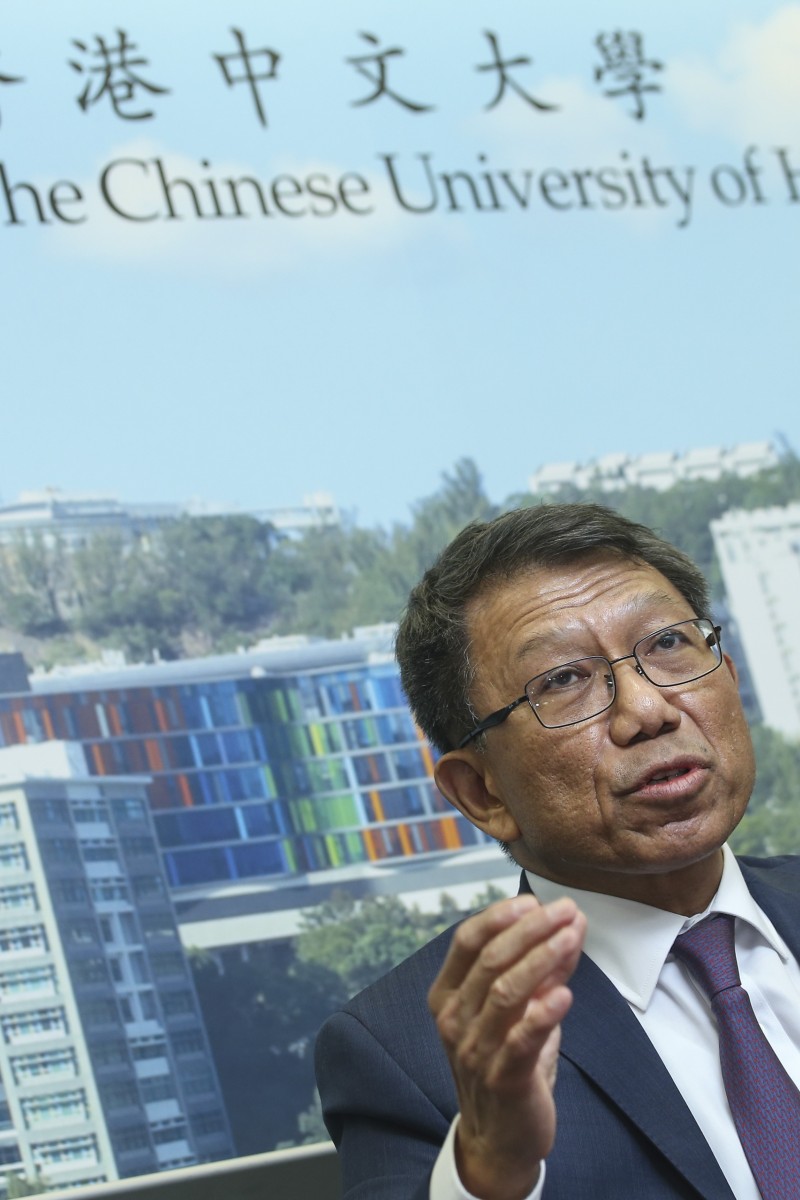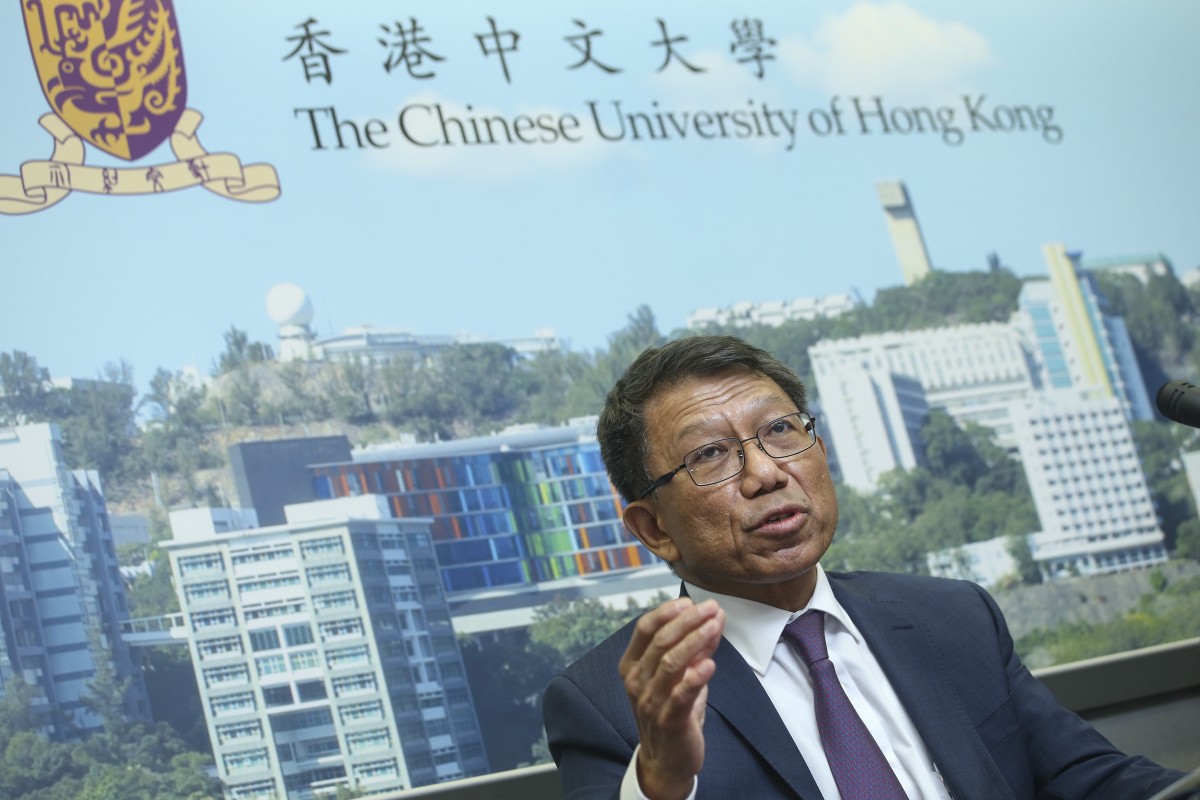
Professor Rocky Tuan appointed as CUHK’s next vice-chancellor
Students disappointed in appointment process and hope Tuan will keep communication channels open and defend academic freedom
 Vice-Chancellor Designate Professor Rocky Tuan hopes to hear different opinions.
Vice-Chancellor Designate Professor Rocky Tuan hopes to hear different opinions.The Chinese University of Hong Kong (CUHK) has chosen an internationally-renowned scientist as its new vice-chancellor, despite opposition from students, staff and alumni who fear he will not be able to protect the university’s institutional autonomy.
Dr Norman Leung Nai-pang, chairman of the university’s governing council, announced on Tuesday night that it had unanimously approved the appointment of Professor Rocky Tuan Sung-chi, a Hong Kong native. Tuan will begin his term on January 1 next year for a period of six years.
Before the meeting, the university’s student union passed a letter to a council member requesting another consultation in September before a decision was made.
Union president Au Tsz-ho was eventually invited to attend the council meeting as an observer.
Au said he was disappointed that the consultation could not be postponed. Leung explained that Tuan’s recommendation was made public last month, which meant it was not possible to postpone the process since Tuan and his current employer – the University of Pittsburgh – had to reach an agreement.
Iris Yeung, a 19-year-old student from CUHK, was disappointed with the transparency of the appointment process, with only a few students being involved. She hoped Tuan regularly communicates with students and defends academic freedom.
Another CUHK student, Yoyo Lui, 21, told Young Post on Wednesday that Tuan didn’t represent the students’ voice. “We do not have the right to select our own chancellor, so I don’t think Tuan can represent us. We also won’t expect too much from him because of his unclear political stance. If there are any political issues like Occupy Central, it’s unsure whether or not he’ll come and support the students,” she said.
Tuan did not directly answer questions regarding his views on the automatic appointment of the chief executive as chancellor of public universities in Hong Kong. He only said that it was important to hear different opinions in a democratic manner.
